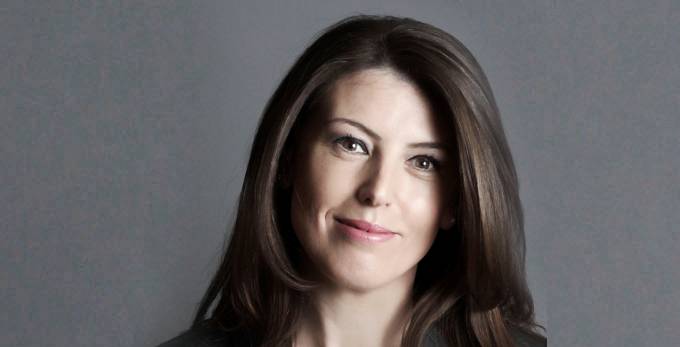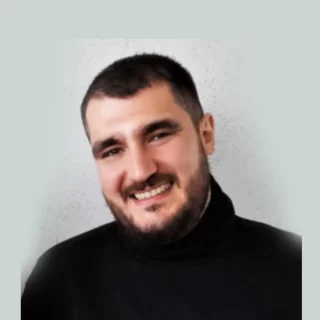A few days before the trial against former senior ranking members of the Kosovo Liberation Army – Hashim Thaçi, Kadri Veseli, Jakup Krasniqi and Rexhep Selimi commenced, the Office of Alex Whiting, a Kosovo Special Prosecutor in The Hague, published a less redacted version of the indictment. It disclosed the names of many Albanian and Serbian civilian victims, including Serbian soldiers and police officers taken hostage during the war.
The version of the indictment against former president Hashim Thaçi and his three fellow fighters discloses details of presumed beatings, murders, and a mass grave, as well as the identity of several victims.
Among the 70 victims published, around half of the names are Albanian civilians, women and men, from different regions in Kosovo, who were murdered in obscure circumstances during 1998-2000. Very few of the survivors or their family members have spoken out until now.
Amer Alija from the Humanitarian Law Centre in Kosovo says that publication of the names of the victims in the indictment caused a negative reaction by the supporters of the accused. “This has often happened in previous cases of charges for war crimes against KLA members,” he says.
The list of victims included many new names never talked about before because none of their family members spoke publicly about those people killed during the war, under circumstances that have not been clarified. Their stories are linked with 31 presumed KLA detention centres around Kosovo.
The accused have rejected the charges and continue to deny guilt for crimes against civilians, and have rejected all accusations they are charged with.
In the description of the indictment, these people have failed to provide many testimonies about the motive why they happened to be in those places and circumstances, and some of them did not even know about those. According to an update from the Victims’ Office, currently 140 people are recognized as victims and are now registered to attend the trials, yet many others hesitate for fear of possible punishment if their identity is revealed.
Speaking about their experiences still put shame and stigma on them. Testifying against KLA fighters is seen by many as treason and is being used as weapon to silent them. Some of them have even paid with their lives.
In Kosovo, rumours are as dangerous as facts. Being spotted as a potential witness for the prosecution has been a cause of embarrassment so far for the person and their families, regardless that the person was a victim. Therefore, all victims registered as anonymous have kept their identity a secret.
“The fact that a considerable percentage of the total number of victims still is with a redacted or concealed identity for the public gives a clear message about their endangered position in these processes,” says Alija.
Many of the victims mentioned in the indictment, including women, are youth in their twenties, whereas the others are elderly. Some are Serbian police officers and soldiers who were taken hostage. Bodies of many of them were found during and after the war but tens of others are still missing. The indictment includes short but shocking stories for many of them. More than two decades later, their names comprise of what the indictment includes as crimes against humanity and war crimes, pursuant to the International Law.
The subject matter of the indictment still contains many redacted names that are related to some of the key parts of the events the accused are charged with. However, it is not only the 6 accused currently in The Hague. The stories of detentions, tortures, and murders in the indictment mention many other names of former KLA members, many of whom now have been interrogated as suspects or witnesses. Some others have been accused in other trial processes also.
Last week, the Office for the Participation of Victims of the Specialized Chambers confirmed they have received new requests to take part as victims in the trial, bringing the total number of participating victims in the case of Thaçi et al., to 140, the majority of them being Kosovo Albanians.
“They still have no voice,” says Nora Ahmetaj, a researcher in the field of transitional justice in Kosovo.
The previous courts summoned to testify only those who were considered useful to provide facts about the truth, and even they could not demand any indemnity for the suffering and damages caused to them.
For the first time the victims have access to and the right to take part in the procedures, and the support of lawyers.
The court has also included the orders for individual and collective indemnities for the victims, something that has not happened before in any of the local courts, or even when victims were Albanian, and the accused were former Serbian police officers and military people.
“Unless they are heard, the narrative will not change,” says Ahmetaj.
Last year, the Government of Kosovo drafted a strategy for transitional justice emphasizing the possibility that the voices of the victims would be heard in a public forum, namely the Truth and Reconciliation Commission. If this happens, this would provide some solace to their sufferings and would help with the rehabilitation of the victims.
Serbeze Haxhiaj is an investigative journalist and news editor based in Pristina, Kosovo, who focuses on corruption, human rights, security issues, religious extremism, terrorism and war crimes. She is currently an editor at Radio Television of Kosovo and a journalist at the Balkan Investigative Reporting Network (BIRN).




